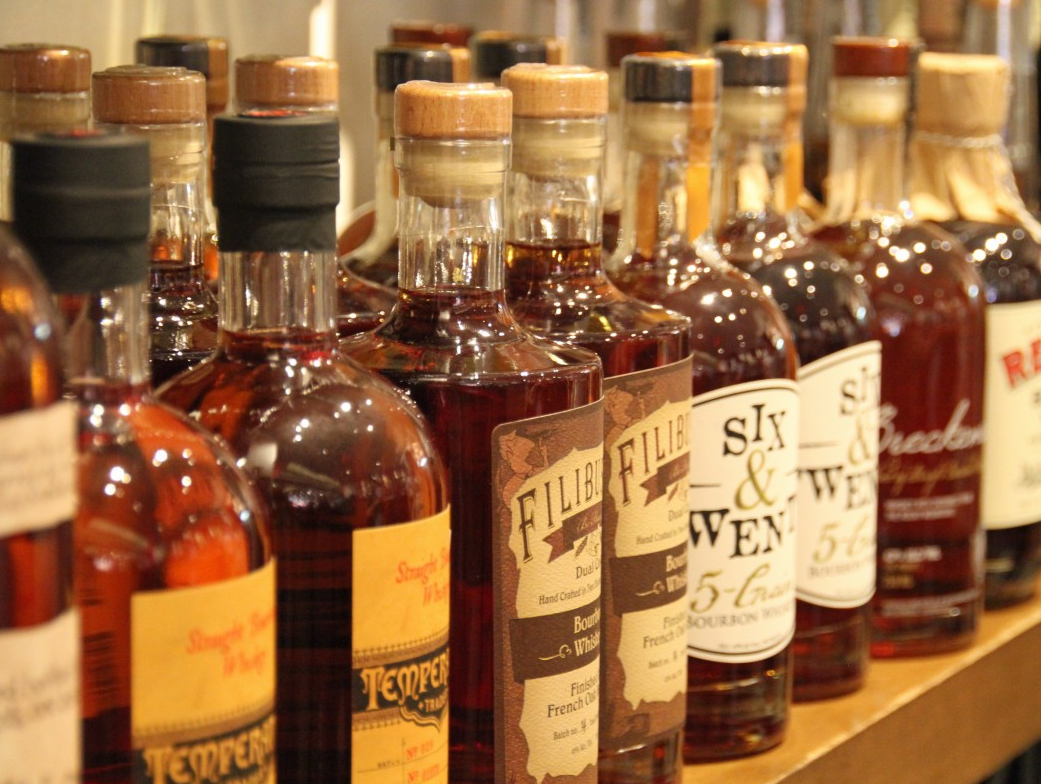How to Apply for a California Liquor License: A Step-by-Step Guide
Securing a California liquor license is a key step for many businesses, from restaurants to liquor stores. It’s not a quick or simple process, but it’s manageable if you know what to expect. This guide breaks down each step to help you get it done right.
Know the Type of Liquor License You Need
California offers different liquor licenses depending on your business type and goals. For example, there are on-sale licenses for establishments like bars and restaurants. These allow alcohol to be consumed on-site.
Off-sale licenses are for stores like liquor shops or supermarkets. They let you sell alcohol that customers will take home.
Some licenses are highly sought-after, especially in areas with limited availability. In these cases, you may need to participate in the liquor lottery or purchase a license on the open market.
Step 1: Determine Eligibility
Before applying, ensure your business and personal background meet the requirements. California’s Department of Alcoholic Beverage Control (ABC) will conduct a thorough review.
Things they check:
- Your criminal history (if any).
- Whether your business location complies with zoning laws.
- Proximity to schools, parks, or churches, which may restrict approval.
It’s wise to consult an ABC consultant or liquor license consultant at this stage. They can identify potential roadblocks and help you prepare.
Step 2: Submit Your Application
The application process starts with filling out specific forms provided by the ABC. These forms depend on the type of license you’re applying for.
You’ll need to provide details about your business, including ownership structure, location, and the type of alcohol you plan to sell. Expect to submit fingerprints for a background check.
Fees vary based on the license type. Some can be costly, so budget accordingly.
Step 3: Post Public Notices
After submitting your application, the ABC requires public notification. This step involves posting notices at your business location and, in some cases, publishing announcements in a local newspaper.
This allows the community to raise objections. Objections can stem from concerns about noise, traffic, or the business’s impact on the neighborhood.
Step 4: Undergo an Inspection
ABC officials will inspect your business location. They’ll ensure your premises meet state requirements for selling alcohol. For example, you may need designated areas for alcohol storage or consumption.
If your location isn’t ready, your application may be delayed.
Step 5: Wait for Approval
Approval timelines can vary. Simple applications might take a few months, while more complex cases could drag on for much longer.
During this period, the ABC reviews your application, investigates objections, and evaluates your compliance with local and state laws.
Patience is crucial. Stay in touch with your assigned ABC representative for updates.
Tips to Streamline the Process
The application process is detailed, but you can avoid delays with these tips:
- Work with an ABC Consultant
These professionals specialize in liquor license applications. They can guide you, file paperwork, and address issues efficiently. - Prepare Thoroughly
Have all necessary documents ready, from financial records to zoning approvals. - Be Transparent
The ABC values honesty. Disclose any potential issues upfront to avoid complications later.
A License Worth the Effort
Getting a California liquor license takes effort, but the payoff is worth it. Selling alcohol can significantly boost your business’s revenue and appeal.
By following the steps outlined here—and leaning on expert help when needed—you’ll be well on your way to success. Focus on preparation, follow the rules, and soon your license will be in hand.


